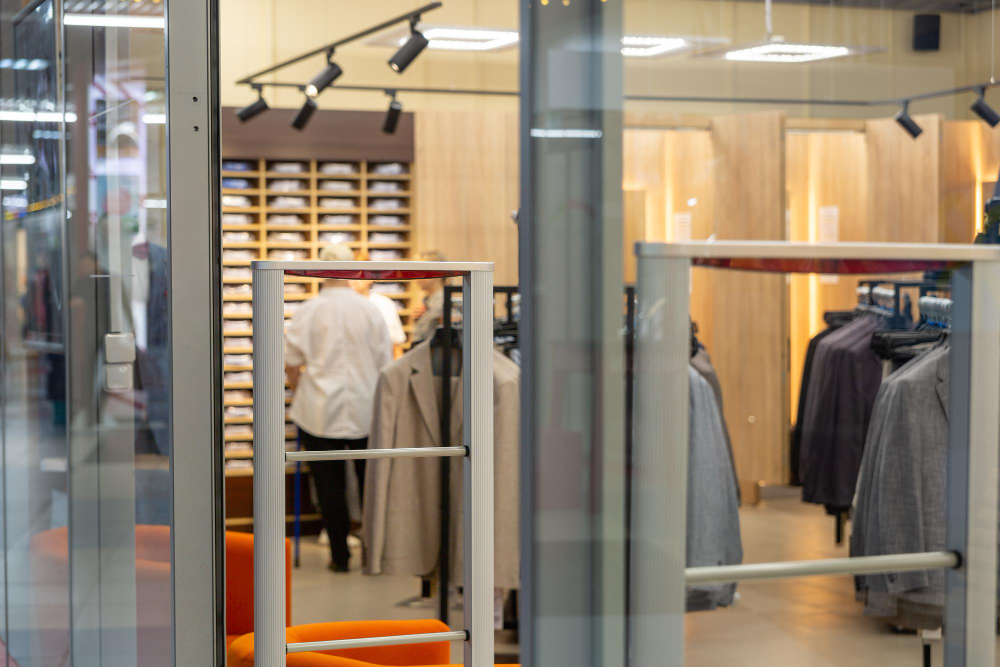


Being accused of shoplifting can be a stressful and confusing experience.# Understanding Florida Shoplifting Laws
Being accused of shoplifting can be a stressful and confusing experience. Many people don't realize that a simple mistake or a moment of poor judgment can lead to serious legal consequences. In Florida, shoplifting is treated as a theft crime, and the penalties can range from minor fines to significant jail time, depending on the value of the goods involved.
This guide will explain Florida's shoplifting laws, outline the potential penalties, and describe the legal process you might face if charged. Understanding your rights and what to expect is the first step toward navigating this challenging situation. We will also cover how a bail bondsman can assist if you or a loved one is arrested.
Under Florida Statute 812.015, shoplifting is legally defined as "retail theft." The law is broad and covers more than just walking out of a store with an item you haven't paid for. An individual can be charged with retail theft for several actions, including:
It is crucial to understand that the prosecution must prove you intended to steal. Accidentally walking out of a store with an unpaid item in your cart may not automatically result in a conviction, but it can still lead to an arrest and charges.
Florida categorizes theft offenses based on the value of the property stolen. The penalties for shoplifting, or retail theft, increase with the value of the merchandise. These charges are classified as either petit theft or grand theft.
Petit theft applies to stolen goods with a lower value. It is divided into two degrees:
A person with a prior theft conviction who commits petit theft again can face upgraded charges.
When the value of the stolen property is higher, the offense becomes grand theft, which is a felony. The penalties are much more severe.
Having a felony on your record can have lifelong consequences, affecting your ability to find employment, secure housing, and even vote.
An arrest for shoplifting sets a legal process in motion that can be intimidating. Here’s what typically happens and how you should respond.
If a store's loss prevention officer or an employee suspects you of shoplifting, they have the right to detain you in a reasonable manner for a reasonable amount of time. They will likely call the police, who will then decide whether to make an arrest based on the evidence.
If you are arrested, you will be taken to a local jail for booking. This process includes taking your fingerprints, photograph (mugshot), and personal information. You will be held until you can post bail or until your first court appearance.
After being booked, a judge will set a bail amount. Bail is a financial guarantee that you will appear for your future court dates. If you cannot afford to pay the full bail amount, a bail bondsman in Orlando, FL, can help.
For a non-refundable fee (typically 10% of the total bail amount), a bail bond agency will post a bond with the court on your behalf. This allows for your release from jail while you await trial. Being out on bail gives you the freedom to continue working and to consult with your attorney to prepare your defense. The process is much faster and more affordable than paying the full bail amount yourself.
Your first court appearance, often called an arraignment, is where you will be formally charged and asked to enter a plea (guilty, not guilty, or no contest). It is highly advisable to have legal representation at this stage. An attorney can advise you on the best plea for your situation and begin building a defense strategy.
Even if the evidence seems strong, there are several potential defenses that a skilled attorney can use to fight a shoplifting charge.
A shoplifting charge in Florida can have lasting effects on your life. From fines and jail time to a permanent criminal record, the consequences are serious. If you or a loved one has been arrested, the first priority is securing release from jail so you can focus on building a strong defense.
If you're looking for a reliable bail bondsman in Orlando, FL, our team at Mike Snapp Bail Bonds is here to help. We operate 24/7 and can guide you through the bail process quickly and professionally. Contact us today for confidential assistance and to learn more about how we can help you navigate this difficult time.